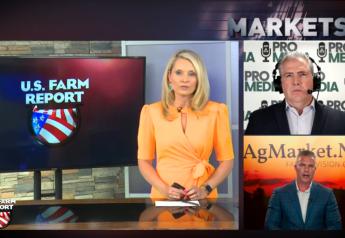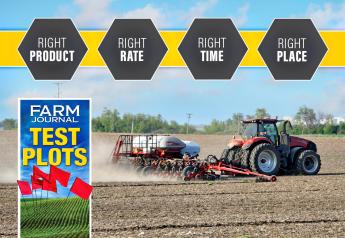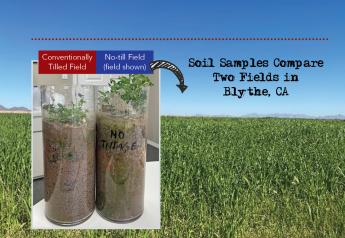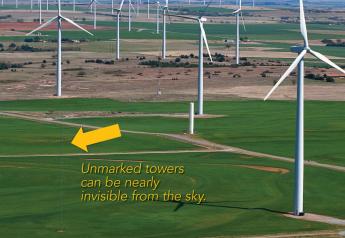Purdue Website Provides GMO Info

Genetically modified organisms, GMOs, are a topic of contention in some circles. The reason? They are confusing and complex—for those both in and out of agriculture. Purdue University College of Agriculture developed a website with information they say will provide clarity into these organisms.
You don't have to be a geneticist or scientist to understand the new website, called "The Science of GMOs," is designed for those with limited or no scientific background. Equipped with text and videos, a fleet of scientists at Purdue explain some of the biggest questions surrounding GMOs.
"Our goal is to share this research-based information with the general public and to promote balanced, informed and responsible discussions regarding this technology," says Jay Akridge, Glenn W. Sample Dean of Agriculture at Purdue.
The website provides information about the following:
- What are GMOs?
- Why do we use GMOs?
- Do GMOs harm health?
- How do GMOs affect insects?
- How does the regulation process work?
- What about GMOs and weeds?
- What's the story on GMOs and labeling?
"Knowing more equips us to make the best decisions for ourselves and generations to come," Purdue's website says.







